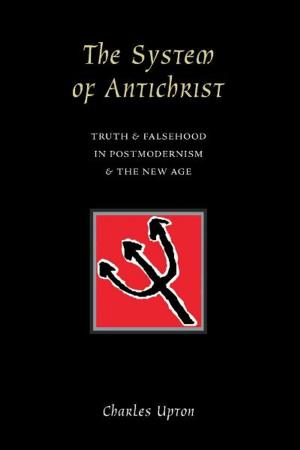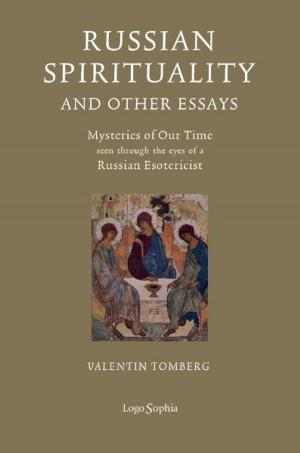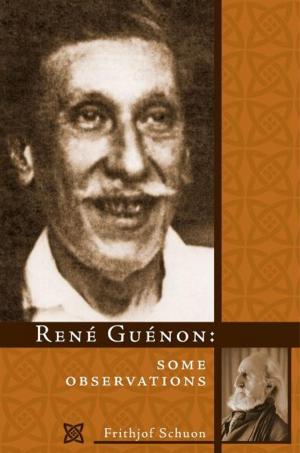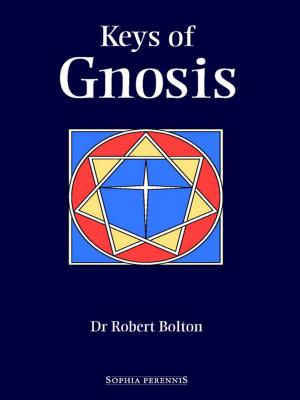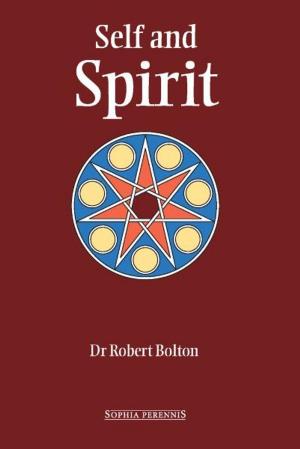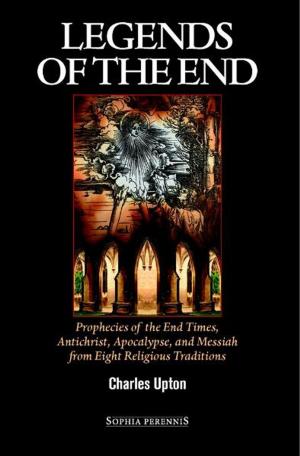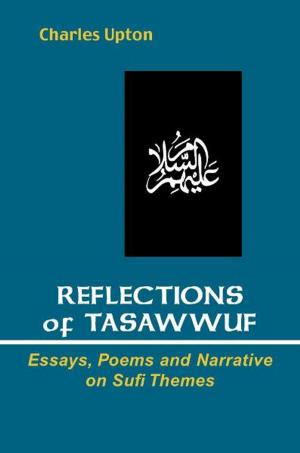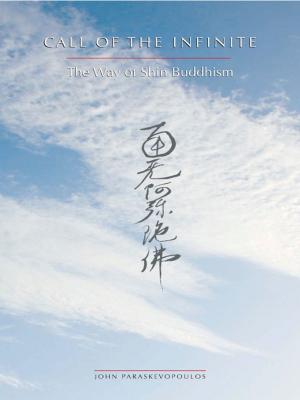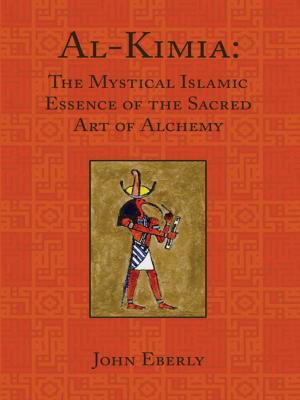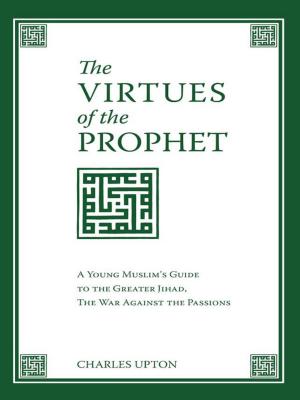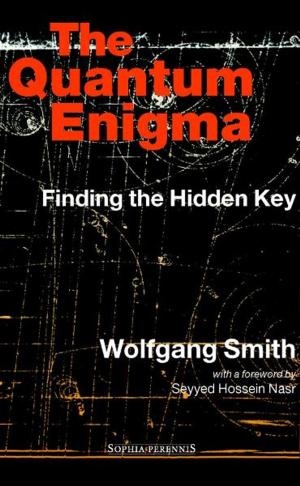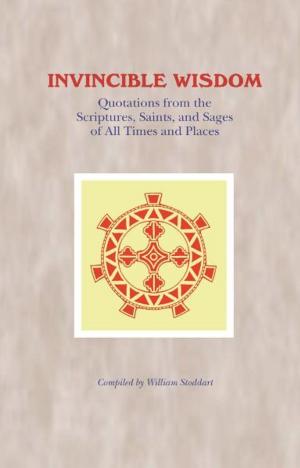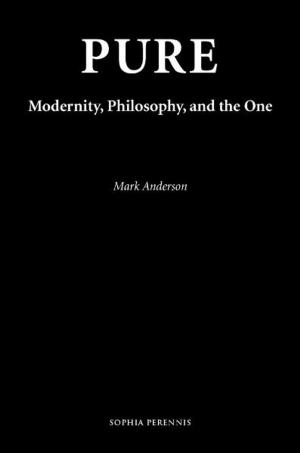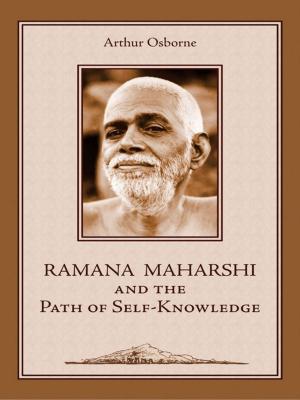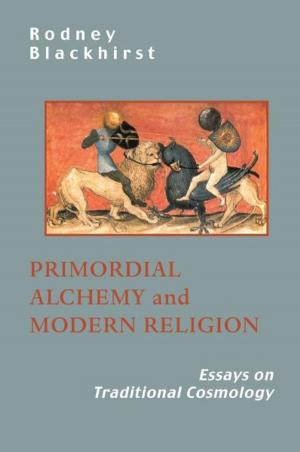The Order Of The Ages
World History in the Light of a Universal Cosmogony
Nonfiction, Religion & Spirituality, Reference, Comparative Religion| Author: | Robert Bolton | ISBN: | 9781597319638 |
| Publisher: | Sophia Perennis | Publication: | February 1, 2001 |
| Imprint: | Sophia Perennis | Language: | English |
| Author: | Robert Bolton |
| ISBN: | 9781597319638 |
| Publisher: | Sophia Perennis |
| Publication: | February 1, 2001 |
| Imprint: | Sophia Perennis |
| Language: | English |
THE laws which relate the modern world to earlier ages, and the position of our own era in a universal time-cycle, are explained in this book in a way which reveals the essential nature of time. It is shown that time imposes patterns of its own on the order of events, which reveal themselves by numerical regularities. By means of a Platonic view of creation, which connects temporal with non-temporal realities, it is shown to be possible to see how man’s inner life holds the balance between these two kinds of objective reality. Traditional cosmological doctrines form the background to the ideas presented, which include insights into the power of universal time to realize evil, and how this can be overcome by those who understand it. Both non-Christian and Early Christian sources are also quoted in this connection, to illustrate the universality of the cyclic idea of time. Connections are made between metaphysical ideas of time and the scientific idea of entropy and its varied applications. The cyclic idea of time is used to resolve the apparent conflict between the vast tracts of time which have elapsed before Homo Sapiens and the relatively recent appearance of revealed religion. The last two thousand years are analyzed numerically in terms of traditional cosmology, so as to make it possible to calculate our present position in a universal era, together with the time within which this era will end, Finally, there is a review of the possibility that this ending may coincide with the Last Times, and the implications that this would have for current values and religious beliefs.
THE laws which relate the modern world to earlier ages, and the position of our own era in a universal time-cycle, are explained in this book in a way which reveals the essential nature of time. It is shown that time imposes patterns of its own on the order of events, which reveal themselves by numerical regularities. By means of a Platonic view of creation, which connects temporal with non-temporal realities, it is shown to be possible to see how man’s inner life holds the balance between these two kinds of objective reality. Traditional cosmological doctrines form the background to the ideas presented, which include insights into the power of universal time to realize evil, and how this can be overcome by those who understand it. Both non-Christian and Early Christian sources are also quoted in this connection, to illustrate the universality of the cyclic idea of time. Connections are made between metaphysical ideas of time and the scientific idea of entropy and its varied applications. The cyclic idea of time is used to resolve the apparent conflict between the vast tracts of time which have elapsed before Homo Sapiens and the relatively recent appearance of revealed religion. The last two thousand years are analyzed numerically in terms of traditional cosmology, so as to make it possible to calculate our present position in a universal era, together with the time within which this era will end, Finally, there is a review of the possibility that this ending may coincide with the Last Times, and the implications that this would have for current values and religious beliefs.

